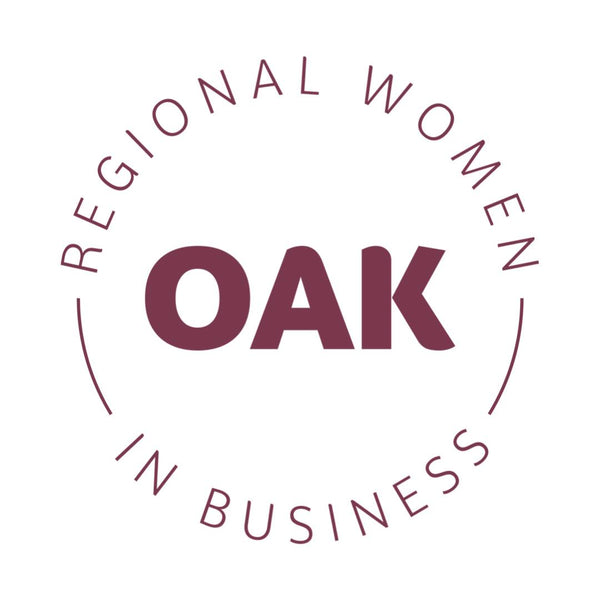Show your appreciation and support us in continuing to produce high quality content by sponsoring an episode or simply "buy us a coffee" - donate here.
[Timestamp: 00:03:18]
Health professionals working in the cosmetic industry are facing yet another round of advertising guidelines.
Earlier this month, the Therapeutic Goods Administrations (TGA) released new guidelines for the advertising of cosmetic injectables.
Director of CosMedic Solutions and registered nurse, Chantelle Byers, said the new TGA guidelines have come as a surprise given the Australian Health Practitioner Regulation Agency released a set of new advertising rules in June last year.
Operators can no longer say anything that may refer to the use of prescribed medications, for example anti-wrinkle, dermal filler or injectable in their advertising.
“Advertisers using prescription medications like anti-wrinkle or dermal fillers cannot refer to those terms anymore, which were initially the terms they gave us to use. Now all we can promote is that we offer consultations, and the example they gave was, ‘Our clinic can provide consultations about reducing wrinkles’,” says Chantelle.
“The TGA is saying they're not going to go out and punish us all overnight. They obviously understand that there's some adjustments to be made. But it came as a bit of a shock. It was out of nowhere. There was no warning about it. It was just released.”
Chantelle says clients have been quick to notice the change.
“I've had a few clients mention things like, “What do I book for?; I went to book my anti-wrinkle but it’s no longer there; I can't find a cost on the service, how much is it?’. And I have to say, ‘I cannot give you any of that information. You need to come in for medical consultation to discuss these things’.
“It's a good thing that people need to have the discussion first, not just come in and say I want my lips filled. We can discuss options and find the most appropriate treatment.
“There are some benefits, but there's a lot of barriers.”
Chantelle says the new guidelines will have a considerable financial impact on her business with all marketing collateral needing to be reviewed and in some instances, reprinted.
"Being able to attract and convert new patients into a practice is going to be tricky, especially when they can't see our work, they can't see our before and afters.
"All signage, business cards, websites, social media, and signage for some businesses, has to all be changed and overhauled because we can't have the word injectables.
"If a business name says injectables, then they have to get a new trading name. It's going to be very, very expensive for a lot of people and yet I feel it just confuses consumers."
Chantelle’s real concern is how this impacts consumers when shopping for a cosmetic procedure and the possibility of being attracted to services and results advertised by countries who operate largely unregulated.
"If they’re looking for a cosmetic medical procedure, most people have decided that's what they want to have done, or if not, they want to have a consultation and see if it's right for them. But how do they know who offers what? Where do they go?
"I believe we definitely need regulations; we need to preserve the safety of medicine for the consumers and for us registered health practitioners. But when the regulations are so tight and inhibiting, I feel that consumers are still going to want to see the content and find out what their options are but they're going to be looking for it and getting information from our colleagues in America, Europe, UK and Asia, which are often very unregulated, if regulated at all.
"Those sites may be portraying what's not achievable goals or it may create unrealistic expectations for the patients.
"Consumers need to see our work and understand what results are reasonably achievable."
Photo credit - Gingerhouse Photography

